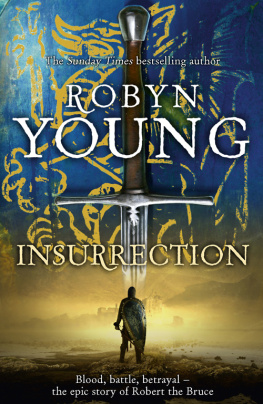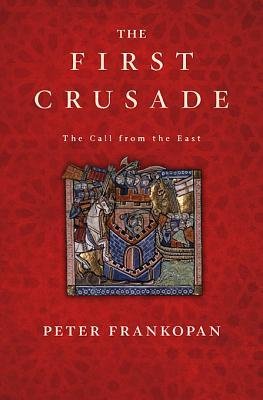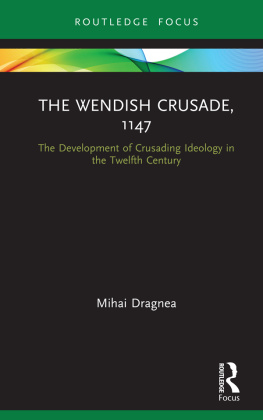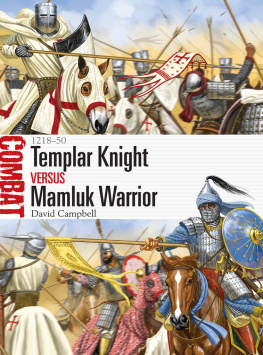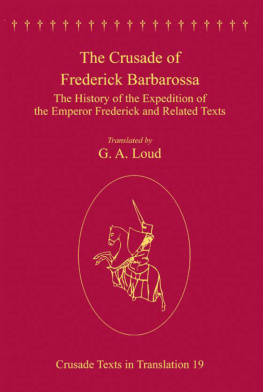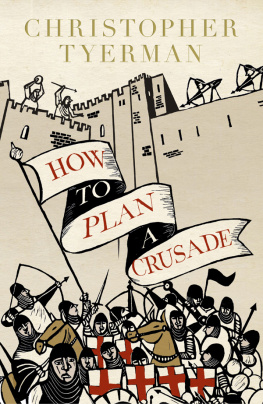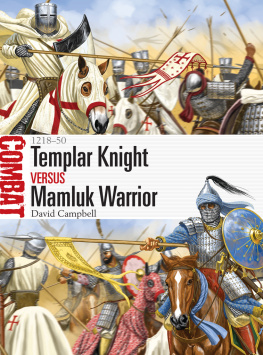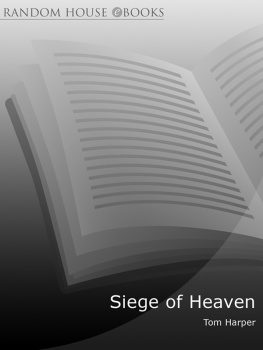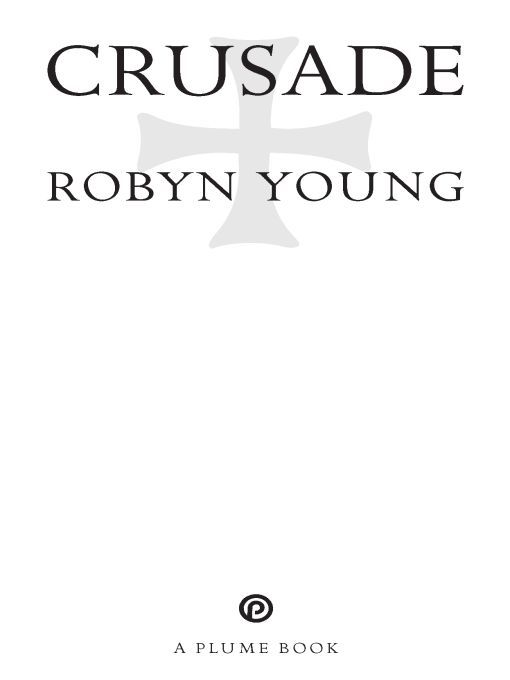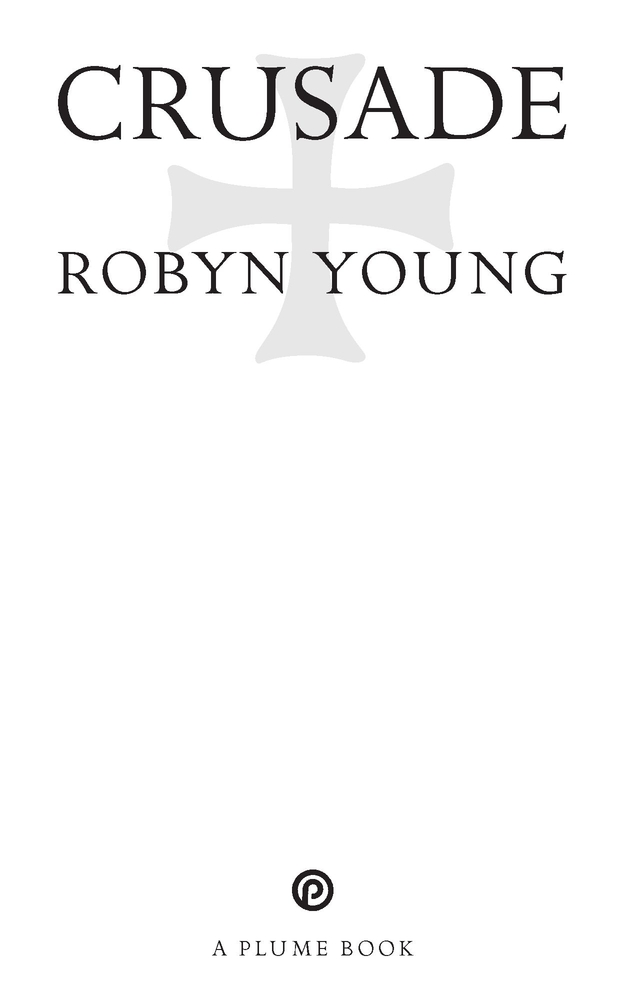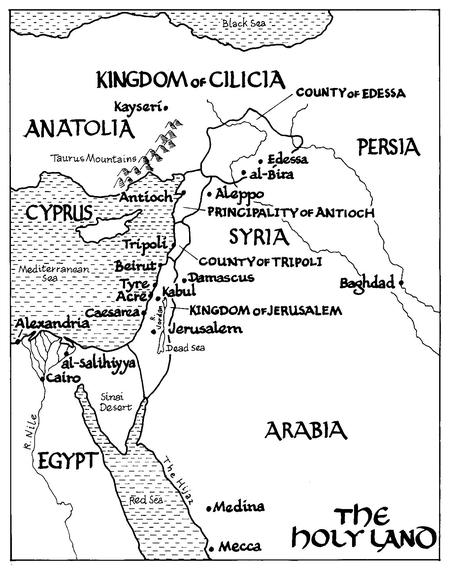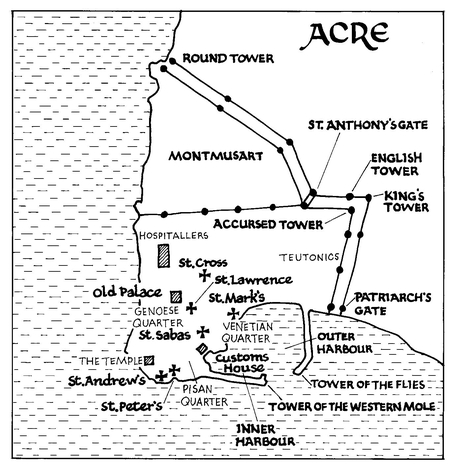Table of Contents
A PLUME BOOK
CRUSADE
ROBYN YOUNG is the author of the internationally bestselling Brethren trilogy, which includes Brethren, Crusade, and the forthcoming The Fall of the Templars. She has traveled extensively in Europe and Egypt and has a Masters in Creative Writing from the University of Sussex. During an eclectic career, she has been a creative writing teacher, financial advisor, folk singer, and music festival organizer. She lives in Brighton, England.
Praise for the novels of Robyn Young
A terrific thirteenth-century thriller. Midwest Book Review
Intricate but wonderfully written, a romp of a read and an exhilarating ride... [Crusade] evokes the atmosphere of the times brilliantly.
The Birmingham Post (UK)
One of the best historical debuts in recent memory. Exciting and enthralling.
John Connolly, bestselling author of Bad Men
Swords clash in the first sentence of Youngs latest and go on clashing throughout... Plenty of action... [and] attention to historical detail offset by pacey dialog. The Times (London)
Crusade is a sweeping historical adventure. Financial Times
Pacey but intricate... this book will not disappoint those wanting to dive into an epic story of war. News of the World
Richly worked and captivating... an epic story of war, intrigue, and heroism.
The Good Book Guide
Pacey and well-written, with vivid, convincing characters, Brethren captures your interest until the last page. I eagerly anticipate the sequel, knowing I will not be disappointed.
Alison Weir, author of Eleanor of Aquitaine and Henry VIII
Engaging and enjoyableRobyn Young brings the tumultuous medieval world to life with pace and flair. Tom Harper, author of Siege of Heaven
If you love the Templars, the Crusades, and the Middle Ages, this is the book for you. Robyn Young is an exciting new voice that speaks loudly.
Sharon Kay Penman, author of Prince of Darkness
An intricate, compelling, captivating, and above all, believable story. Brethren is a brilliant piece of sustained imagination.
David Boyle, author of The Troubadours Song
Acknowledgments
Once again, I find myself indebted to a large number of people, without whom this book, or at least my sanity, may not have prevailed.
Love and thanks to my parents for their constant encouragement and unfailing support. Special thanks also to Sue and Dave for the roof over our heads and for finding so many excuses for celebration.
Much love to all my friends who allowed me to share this incredible journey with them. In particular I want to thank Jo, Niall, Mark, Bridie, Clare, Liz, Monica, Patrik, Becky and Charley for their generosity, both in terms of help with the creative process and their friendship. Also, hats off to Ali for being a star.
My gratitude to David Boyle for great reading suggestions, who I must also credit for the fantastic chapter on Acre in his book Blondels Song, which gave me a real insight into the city. Thanks to staff at the language department of the British Library for their help with the code issue and to Charles Davies for checking it over. And my sincere thanks to Dr. Mark Philpott at the Centre for Medieval and Renaissance Studies and Keble College, Oxford, for casting an expert eye over the manuscript. Any mistakes remain my own.
Many, many thanks as ever to my agent, Rupert Heath, for generally being a superstar and for guiding me around the corners.
I am greatly indebted to everyone at Hodder & Stoughton for their amazing support and commitment. Special thanks go to my editor, Nick Sayers, for pearls of wisdom; his assistant, Anne Clarke, for keeping everything running smoothly; and also to Emma Knight, Kelly Edgson-Wright, Antonia Lance and Lucy Hale. But there are many others, particularly those in the art department, foreign rights, sales, marketing and publicity who I cannot fit onto this page, but whose hard work is nonetheless enormously appreciated.
Huge thanks also to my fantastic American publishers at Dutton, especially my editor, Julie Doughty, for her insightful suggestions.
Last, but in no sense least, my love goes to Lee. Without him none of this would have been possible... or half as much fun.
PART ONE
The Venetian Quarter, Acre, The Kingdom of Jerusalem 28 SEPTEMBER A.D. 1274
The swords arced, then swung in and slammed together. Steel met steel with harsh ringing clangs, again and again. Each blow was fiercer than
the last, the brutal concussion almost wrenching the weapons from the hands of the wielders. The sun baked the courtyards dusty red stones and beat down on the heads of the two men who stamped and lunged, back and forth.
The smaller of the two was sweating profusely, his white hair plastered to his head, lips curled back in fierce concentration. His shirt was drenched and stuck to his back. Neither he nor his opponent wore armor. He was initiating more of the attacks, stepping forward after several whip-quick parries to thrust a lethal jab at the other mans chest. But the strokes were becoming desperate. It was as if each one had been designed to be the lastprecise, powerfuland he hadnt expected to have to force another. He couldnt keep up such a barrage. He was exhausted, and his tall, athletic opponent kept blocking, with imperturbable ease, each and every blow. And the more frustrated and frantic the small man became, the more his opponent grinned. It was the kind of grin a shark might flash when opening its razor-lined jaws for the killing bite. It was a little strainedmore bared, gritted teeth than smilebut Angelo Vitturi was clearly enjoying himself.
After several more thrusts, however, which he snapped aside with savage, blocking cuts of his sword, Angelo grew bored. It was hot, and he could feel a blister forming on the ridge of his palm where his skin had rubbed against the leather grip of the slender, narrow-edged blade, the pommel of which was a chunk of translucent rock crystal. As the small man lunged in again, Angelo sidestepped him, grabbed hold of his wrist and turned his hand viciously aside, bringing the edge of his own blade up to the mans throat. The man let out a yelp, part in frustration, part at the pain in his wrist.
Angelos face, wet with perspiration and set with boyish, scornful pleasure, hardened with contempt. Get out. Dropping the mans wrist, he lowered his blade and leaned it against a low wall that ringed a square of grass.
The white-haired man stood there agape, sweat dripping from his nose as Angelo strode over to a servant, standing rigid as the statues that decorated the palazzos courtyard. The servant handed Angelo a goblet of watered-down wine from the silver tray he carried. Angelo drained it, then turned to the gaping man. I told you to leave.


